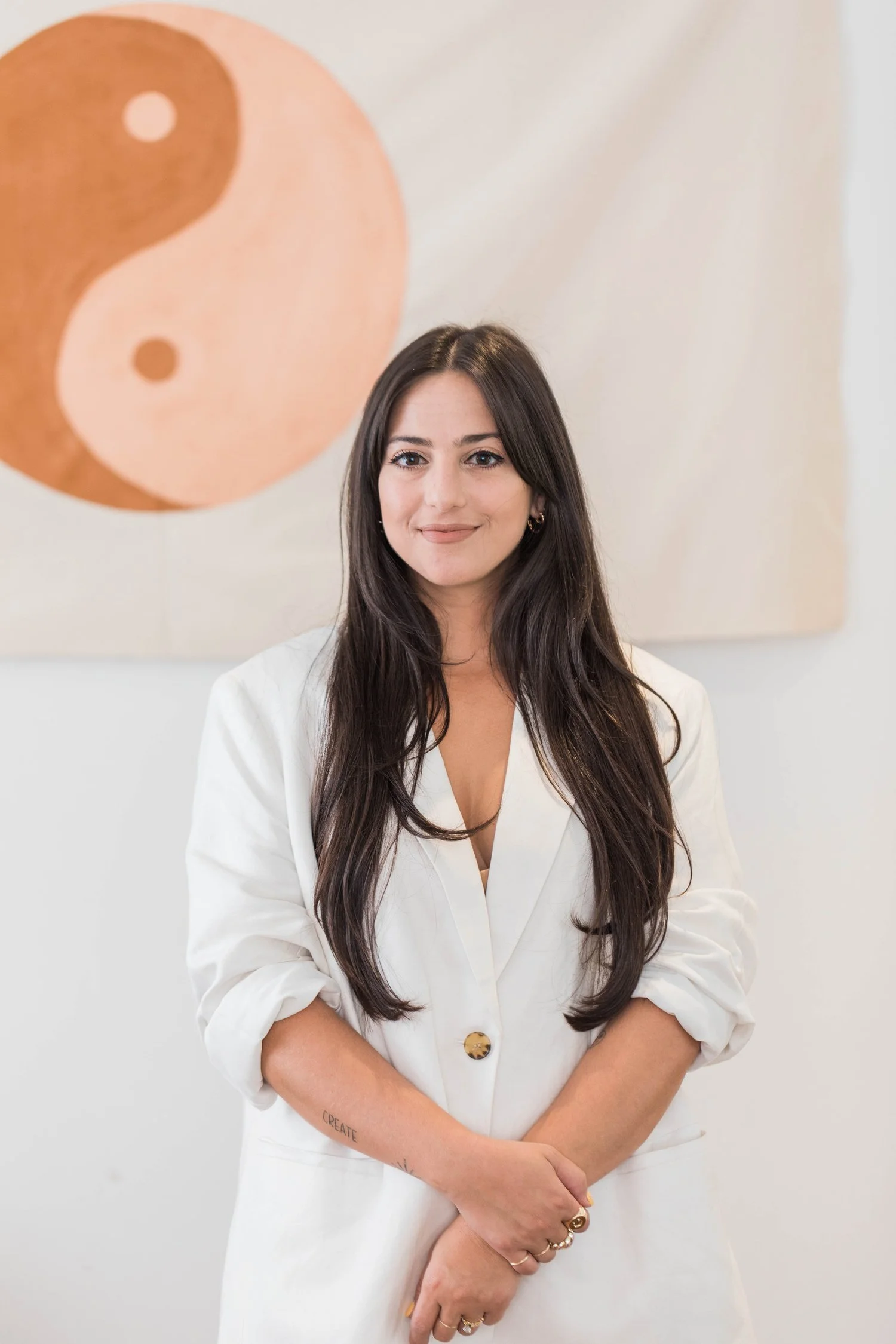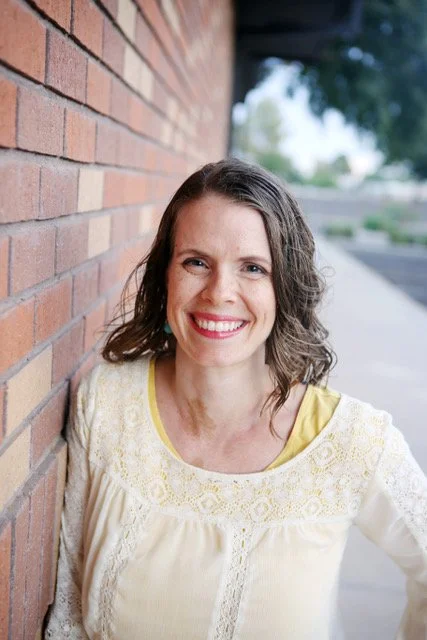Tune in to the Reframing Neurodiversity Podcast
On your favorite podcast player
Season One Recap and Recalibration
The number one thing you’ve shared with me about season one of the podcast: let’s talk more about the emotional experience of being ADHD moms of neurodivergent children. I love that, and it’s a conversation that I don’t think is happening many other places. So that’s the focus for season two — episodes all about how it feels for us to move through this world, plus we’re starting an ADHD Moms Support Group where we can continue the conversations after the episodes. So much goodness inside this one.
Understanding, Supporting, and Advocating for Your 2e Twice Exceptional Child
How can we reframe our understanding of giftedness so we can give 2e (twice-exceptional) children the support they’re silently craving?
There’s so much gold from my conversation about giftedness this week with Julie Skolnick, author of Gifted and Distractible and mother of 2e children herself. I love how she’s just so passionate about supporting parents of gifted children and training educators and professionals on how to bring out the best in 2e students and adults.
A Neurodiversity-Affirming Approach to the IEP Process
What is a neurodiversity affirming IEP? And how is it empowering to children and parents navigating the IEP process?
Lisa Baskin Wright is a former educator and current IEP coach who navigates the IEP experience through a strength-based and neurodiversity affirming approach. My conversation with here today suggests a much-needed shift in perspective for parents and educators - but most importantly for learners.
ADHD, Executive Function, and Perfectionism
Why can it feel paralyzing for kids with ADHD to get started on a task? Why can they feel like they’d rather not do something at all than potentially do it wrong? What’s the most supportive way to bring up the subject of ADHD with your child?
ADHD & Executive Function coach Megan Barnett and I could talk about these questions for hours — and we nearly did just that on this week’s information-packed episode.
Neurodivergent Self-Compassion: "By Healing My Present, I Could Heal My Past"
This week’s episode is so meaningful to me — it’s with my friend Jewel Mondros, who has helped me so much with navigating my own challenges as a highly sensitive neurodivergent person. Jewel is an energy expert, intuitive healer, and entrepreneur. Today she loves how her ADHD is a part of who she is, but it wasn’t always that way. I’ll be honest: it felt vulnerable to share our thoughts in this episode. But I know so many of us have felt this way and it’s so important to know that we’re not alone.
Neurodivergent By Design — The Evolutionary Advantage of Thinking Differently
Different minds aren’t an evolutionary accident. They’re a critical form of diversity. I was so fascinated by this week’s discussion with Dr. Alex Reed about why humans have always needed neurodiversity to thrive. I love how Dr. Reed — a clinical pediatric psychologist — supports neurodiverse kids from a place of strength. We have these traits for a reason, how can we make the most of them?
Highly Engaging Handwriting Instruction for Students with Dysgraphia
Certified handwriting specialist Kelli Fetter joined me for a special guest post on the Reframing Neurodiversity blog this week to discuss breaking down the barriers neurodivergent kids may have for getting their thoughts onto paper.
Twice Exceptional Students (2e)
I believe it’s so important that twice exceptionality is becoming a bigger conversation in educational settings. So many students either go misdiagnosed or undiagnosed because of how bright they are, or they never get the chance for their brightness to show through.
Are You a Highly Sensitive Person (HSP)?
Alissa Boyer and I talk about the common traits of Highly Sensitive People like us and how we harness the power of being so attuned to our world.
Did You Mask Your True Self Too?
I’m both a highly sensitive person (HSP) and a neurodivergent person. Many of you reading this might be too; very often neurodivergent people are also highly sensitive.
So you might be able to relate: this high sensitivity made me feel the need to mask my true self from a really young age.
What Helps Neurodivergent Students Feel Engaged at School?
Ana Lorena Fábrega joined me on the Reframing Neurodiversity podcast this week to talk about how we can make school more engaging for all kids. We talked about the themes in her book The Learning Game, where she covers teaching kids to think for themselves, embrace challenge, and love learning.
Is School Working For You? My Perspective as a Neurodivergent Former Educator
Why does our education system not seem to work for neurodivergent children? Is it working for anyone?
If our learning goals today are centered on creativity and innovation, why are we still following a model based in conformity and standardization?
Neurodiversity Affirming Language
Speech and language pathologist Jacqui Jebian Garcia joins me to talk about the sensory world of neurodivergent children, the unseen triggers that can make them feel safe or threatened, and the ways our verbal and non-verbal communication can help.
Emotional Co-Regulation for Neurodivergent Parents and Children
How do we manage when children have big reactions that can trigger so much within ourselves? How do we self-regulate while at the same time teaching our kids to self-regulate? And what does self-regulation actually mean?
Emotional Regulation Skills for Parents of Neurodivergent Children
Emily Hamblin — who is a parent coach, former teacher, and neurodivergent mother of four — joins us to discuss the challenges of emotional regulation in parenting, especially when we as parents lack the necessary tools or models. She emphasizes the importance of breaking free from autopilot parenting, practicing self-compassion, and emotional self-care.
What Does It Mean To Be Neurodivergent?
Whether you’re neurodivergent yourself, a parent to neurodivergent children, or both like I am — I’m so glad you’re here. In this first episode of Reframing Neurodiversity, we’re peeling back the layers of outdated stigmas and beliefs about neurodivergence in our schools, the workforce, and in society at large. My mission is to get us all to think about our neurowiring in a new way. A way that embraces the individuality that exists within each of us, sees neurodiversity as a gift, and encourages us to be curious about how we all think differently.




















